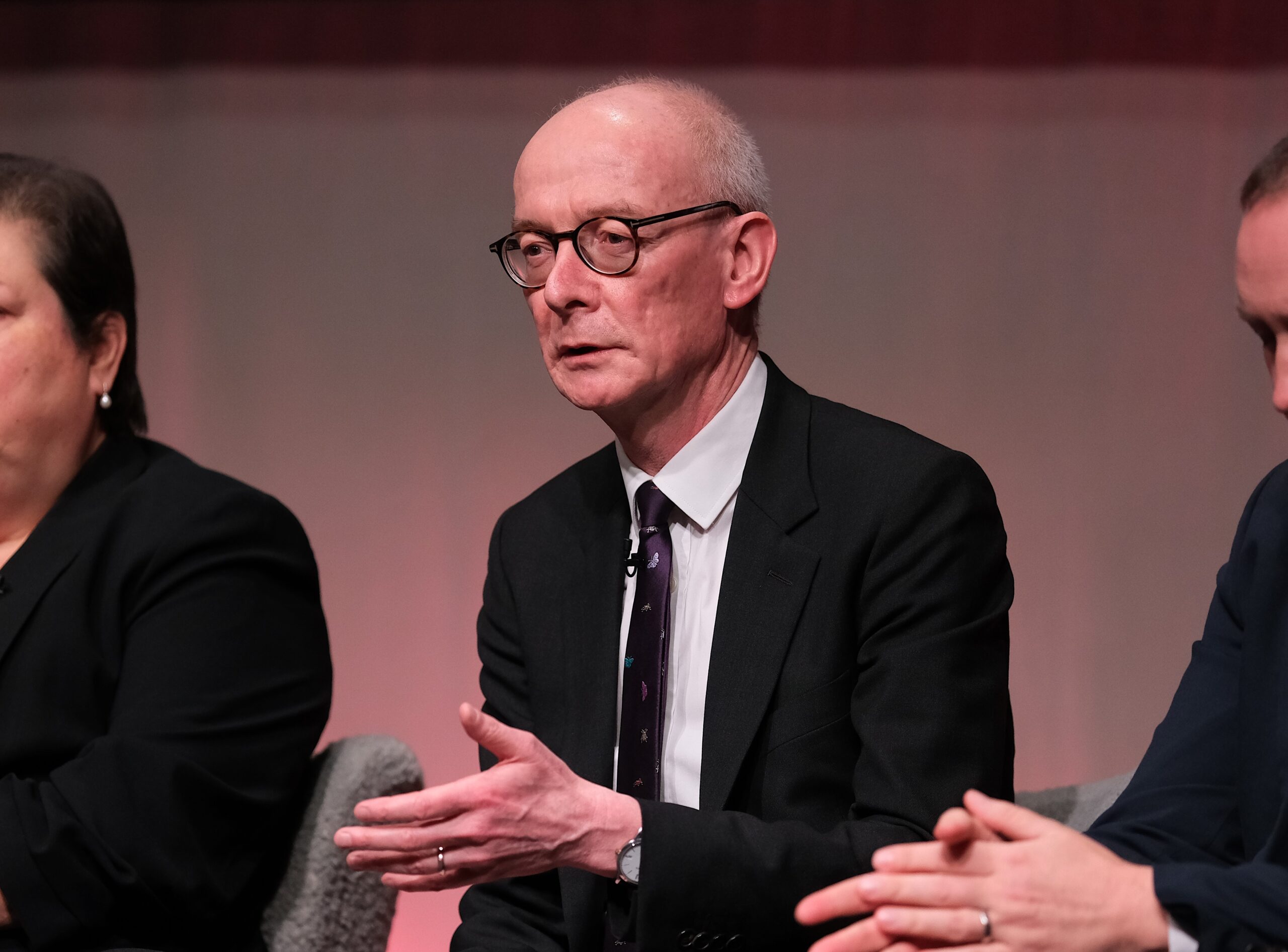“We have no choice but to consider a ballot for national strike action”

The government has now published its approach to pay for 2023 in the civil service. This has been done without any meaningful dialogue on the substance of the “offer” despite repeated assurances over the last two months of an enhanced consultation process.
The headline figure for the civil service is a 4.5% pay increase with an additional 0.5% for the living wage uplift.
Critically, unlike health and education, there is no non-consolidated award to compensate for 2022/23. This was worth £1000 in education and £1600 + 2% in health.
Together with Mike Clancy, General Secretary of Prospect, I met with the Minister for the Cabinet Office this morning to be told that this was the government’s approach. We both pleaded with him to pull back from the edge of what will inevitably be a prolonged and damaging dispute. We reminded him of his commitments to an enhanced dialogue on pay and his intent to ensure that the civil service was comparable to elsewhere in the public sector.
He had no answer as to why the government was adopting this approach or why they have decided to treat the civil service so differently to the rest of the public sector. I was clear to him that ministers have an obligation to their employees to answer that point and an obfuscated response about concentrating on 2023/24 may be acceptable for Parliament, but it has no place in explaining to hard working public servants why they have chosen this path.
Unfortunately, the message is clear. After months of preliminary talks about talks and promises of enhanced engagement, the government has pulled the rug from under our feet with less than 24 hours’ notice. Engagement and pragmatism, the cornerstones of the approach from the FDA over decades as a constructive partner with employers holds no value. We have approached these talks constructively, including providing independent evidence around the economic impact of public sector pay rises when challenged to do so by the minister. That is how modern industrial relations should be conducted. This government, however, has chosen a path that will inevitably lead to a deepening of an already damaging conflict.
I was clear with the minister that if the government chooses this path, we would have no choice but to call an emergency Executive Committee meeting to consider a ballot for national industrial action – where I would recommend taking such action to them. This meeting will take place on Wednesday 19 April.
As I said to the minister this morning, they are pushing the FDA and our members into a position where an industrial response appears to be the only one available. I am at a loss to know why they have chosen this path. I do not even think they are trying to provoke us, that I believe would credit them with some sort of strategy for the civil service which frankly, at this stage, I think is beyond them. My only guess is that, once again, the civil service is used by the government to send a message elsewhere and ministers think that this approach helps them in other disputes.
Whatever the rationale, we have to deal with the consequences.
The FDA will update members once the Executive Committee has met. If you are not yet a member of the FDA, you can join online to be kept informed of the next steps the union will take.
Related News
-

Government’s plans for civil service reform “lack substance”, says FDA
The FDA has criticised the government’s rhetoric surrounding the announcement of a series of civil service reforms – on performance-based pay, fast track exits for underperformers, and performance management – by Chancellor of the Duchy of Lancaster Pat McFadden.
-

9% pay rise for NI civil servants ‘genuine attempt to tackle pay erosion’, says FDA
The FDA is recommending to members to accept the Northern Ireland civil service pay offer for 2024/25, which represents a 9% increase over a 20-month period.
-

FDA calls for widespread reform across the civil service in New Year message to government
The FDA has shared its annual New Year message to the government, in which FDA Assistant General Secretary Lauren Crowley outlines the need for significant reform across the civil service.